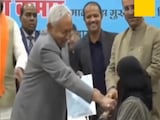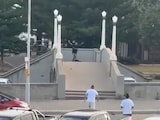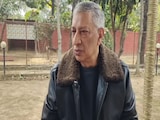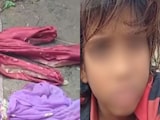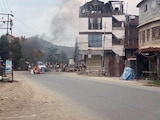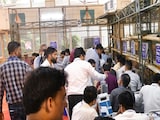The Centre has told the Karnataka High Court that it will look into the 'Havana Syndrome' issue in India. The response was filed on a petition of Bengaluru resident A Amarnath Chagu, who sought an inquiry into the mysterious illness in India and directions to the central government to prevent its transmission within India. In its July 27 order, the court said that the Centre's counsel agreed to examine the matter and said the time for consideration is three months.
The high court then disposed of the writ petition. The petitioner's lawyer Srikanth VK had said that the authorities are bound to consider the issue in accordance with law since that is the mandate under Article 350 of the Constitution of India.
As per the provisions of Article 350, every person shall be entitled to submit a representation for the redress of any grievance to any officer or authority of the Union or State in any of the languages used in the Union or State.
What is Havana syndrome?
The mysterious illness was first reported in 2016 when CIA employees stationed in Cuba's Havana reported experiencing unusual symptoms such as migraines, nausea, memory lapses, dizziness, hearing sounds without any external noise, and vertigo. Some of these officials claimed that the symptoms lasted for months.
Though the name has been given, the exact cause of the syndrome remains elusive, with possible links to high-frequency microwave emissions - something that the petitioner highlighted in his plea before the Karnataka High Court.
Reported cases of Havana syndrome
Several US intelligence and embassy officials are said to have experienced mental health symptoms attributed to Havana syndrome in various countries.
In March 2018, MRI scams and other tests taken by a neurologist in Pittsburgh on some Canadian diplomats showed signs of brain damage that their US counterparts claimed to have faced.
There were similar reports about US intelligence officials experiencing unexplained symptoms in Moscow, Tbilisi, Poland, Taiwan and Australia.
How the US responded?
In January 2022, CIA issued an interim assessment concluding that the syndrome is not the result of "a sustained global campaign by a hostile power". Foreign involvement was ruled out in 976 cases of the 1,000 reviewed.
In 2021, the US passed a new law titled HAVANA (Helping American Victims Afflicted by Neurological Attacks Act) to authorise the provision of payment to intelligence personnel and diplomats who incurred injuries, and for other purposes.


